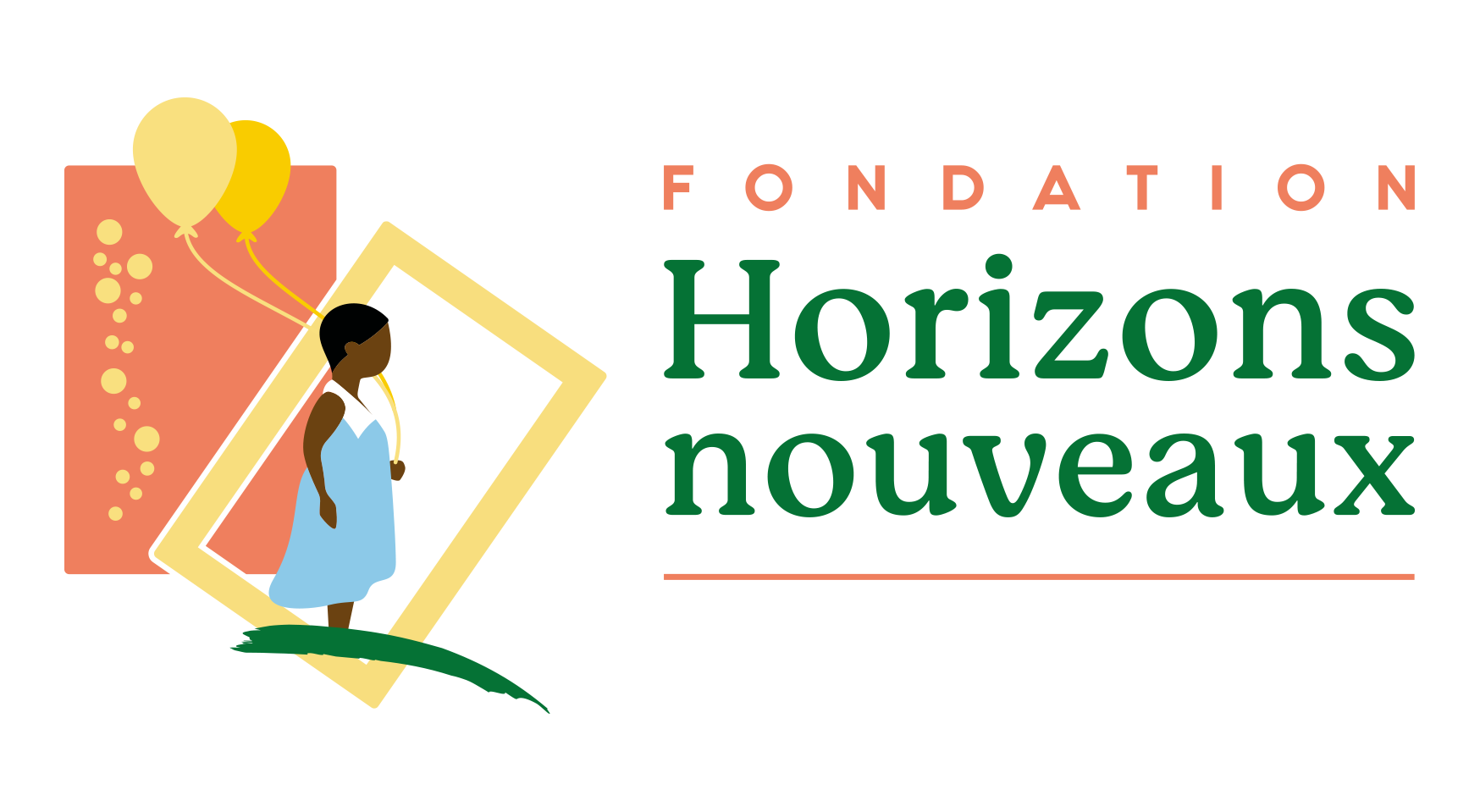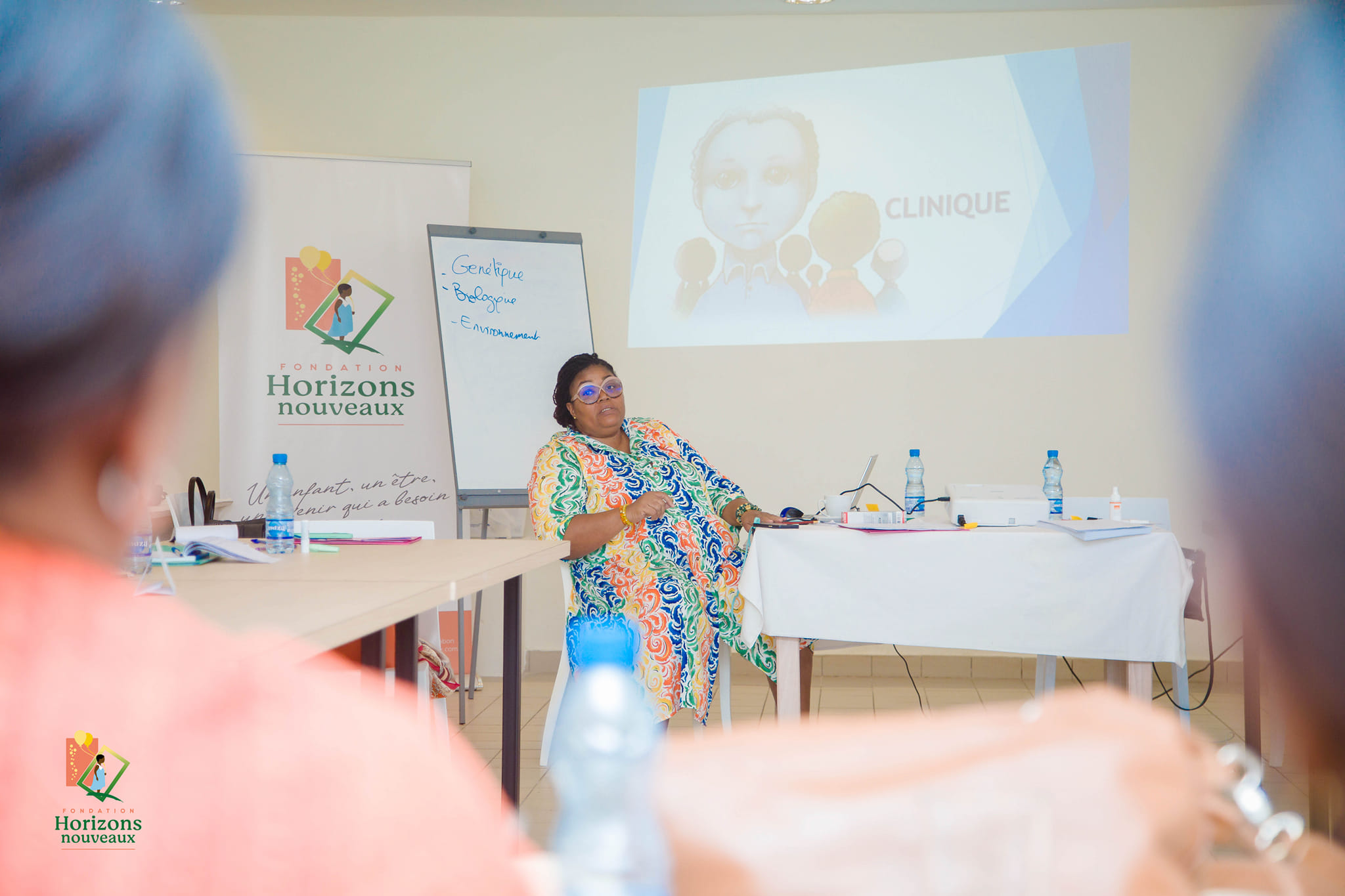The prevalence of intellectual disability is between 2% and 3% of the general population . According to the World Health Organization (WHO), intellectual development disorder (IDD) is the “significantly reduced ability to understand new or complex information, and to learn and apply new skills (intelligence disorder)”. Intellectual development disorder (IDD) is one of the neurodevelopmental disorders (NDD). It is therefore not a disease , but a disorder that appears in early childhood and evolves throughout life. It is characterized by impaired cognitive functions that affect learning. IDD thus has an impact on people’s ability to adapt, with repercussions on everyday activities. Its diagnosis is clinical and requires that the child meet 3 criteria that must be present at the same time: 1- The person has a deficit in intellectual functions (intellectual disability). These are limitations affecting logical reasoning, abstract thinking and access to concepts. Elementary problem-solving, understanding of the complexity of the surrounding world and judgment are directly affected, leading to learning difficulties. 2- The person’s ability to adapt to daily life is significantly limited in terms of :
- Communication (expression and comprehension),
- Daily life skills (personal and domestic care, etc.),
- Socialization (skills, participation, access to interests),
- Mobility and motor skills, etc.
IDD leads to global difficulties in adaptive functioning in various areas such as:
- communication ;
- school learning ;
- autonomy ;
- individual responsibility;
- social life ;
- WORK;
- leisure activities ;
- HEALTH ;
- Intellectual development disorder can vary in intensity: mild, moderate, severe and profound, depending on the impact on the child’s functioning. The following DSM-5 table gives an idea of the impact of IDD according to severity. The consequences of IDD can vary greatly from one person to the next, depending in particular on the associated disorders or compensations put in place by the individual.









